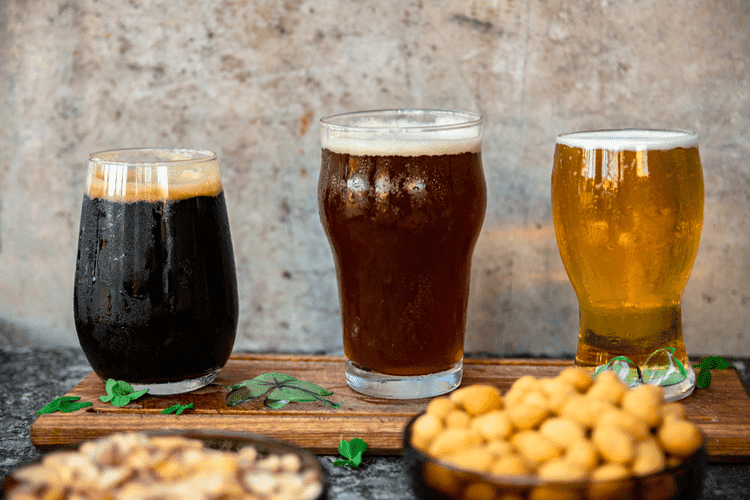Certain thoughts, feelings, and events may trigger cravings and urges for drugs and alcohol, and, if not properly dealt with, may increase your chances of relapsing. If you or someone you know has alcohol use disorder (AUD) and has relapsed, this is a common occurrence. You can take steps to get back on track after an alcoholic relapse has occurred, and you can watch for warning signs that you might need more intensive intervention. If someone is in recovery, they might feel more of a temptation to drink again than normal. It’s helpful to have a relapse prevention plan that considers these triggers, with specifically identified strategies to address them.
If you have relapsed, stop using the substance as quickly as possible. The longer you continue to use, the more complicated it can become to stop using, especially if it is a substance on which your body can become physically dependent, such as alcohol. A relapse can be a one-off event or even a short-term situation, but it is a part of your recovery.
Relapse Prevention Treatment
For some, alcohol may serve as a way to self-medicate in order to reduce the pain of social isolation or ease the discomfort felt from feeling like you don’t have anyone in your corner. One way to decrease the risk of a relapse is to consider finding new friends who can support your new lifestyle alcohol relapse rate by either choosing not to drink around you, offering up activities that don’t involve alcohol or are in recovery themselves. Another helpful tip is to have a list of responses planned out for when a friend asks you to go out drinking so that you’re not caught off-guard with having to say no.

The recovering alcoholic may start to behave erratically without ever touching a drink. During the alcohol rehab Los Angeles, addicts find out how to tell if a relapse may be approaching and what to do about it. However, owing to the deviousness of the addict mentality, they are hardly ever aware of these. Being sober is an alien and uncomfortable sensation for the newly recovering addict. Even those with many years of sobriety behind them experience an intense longing for the escape offered by alcohol from time to time.
The stages of alcohol recovery
This experimental design can be further modified by the use of discriminative contextual cues. Many of these signs and symptoms, including those that reflect a negative-affect state (e.g., anxiety, distress, and anhedonia) also have been demonstrated in animal studies involving various models of dependence (Becker 2000). Alcoholism is a chronic disease that takes months or years of treatment and support to recover from.
Yet, also consider what others ways you’re making the road to recovery longer and even more difficult for the sufferer walking it. You might not be directly lending the alcoholic money, but did you know that you might still be enabling the habit, even without realizing it? Making excuses for tardiness, sloppy behavior, or missed appointments is one of the most common ways a loved one can, over time, turn into an enabler. Speak to the alcoholic’s spouse, close friends, or other family members, and join together to offer united support. If there is a confrontation, discuss the conversation beforehand to ensure everyone is on the same page. You’ll need to be firm in your resolution, yet remain calm throughout the conversation.
